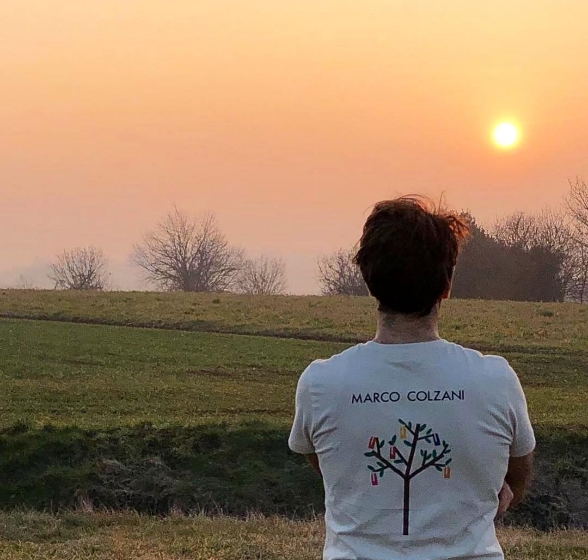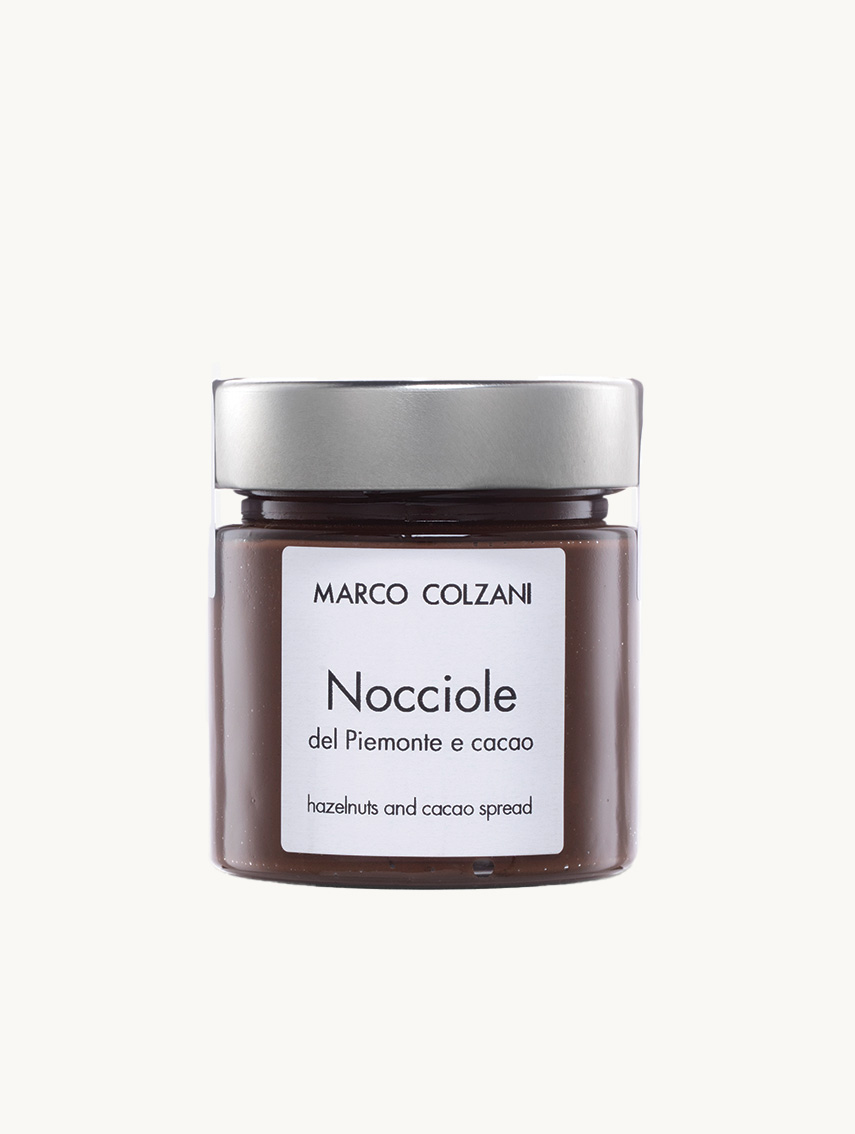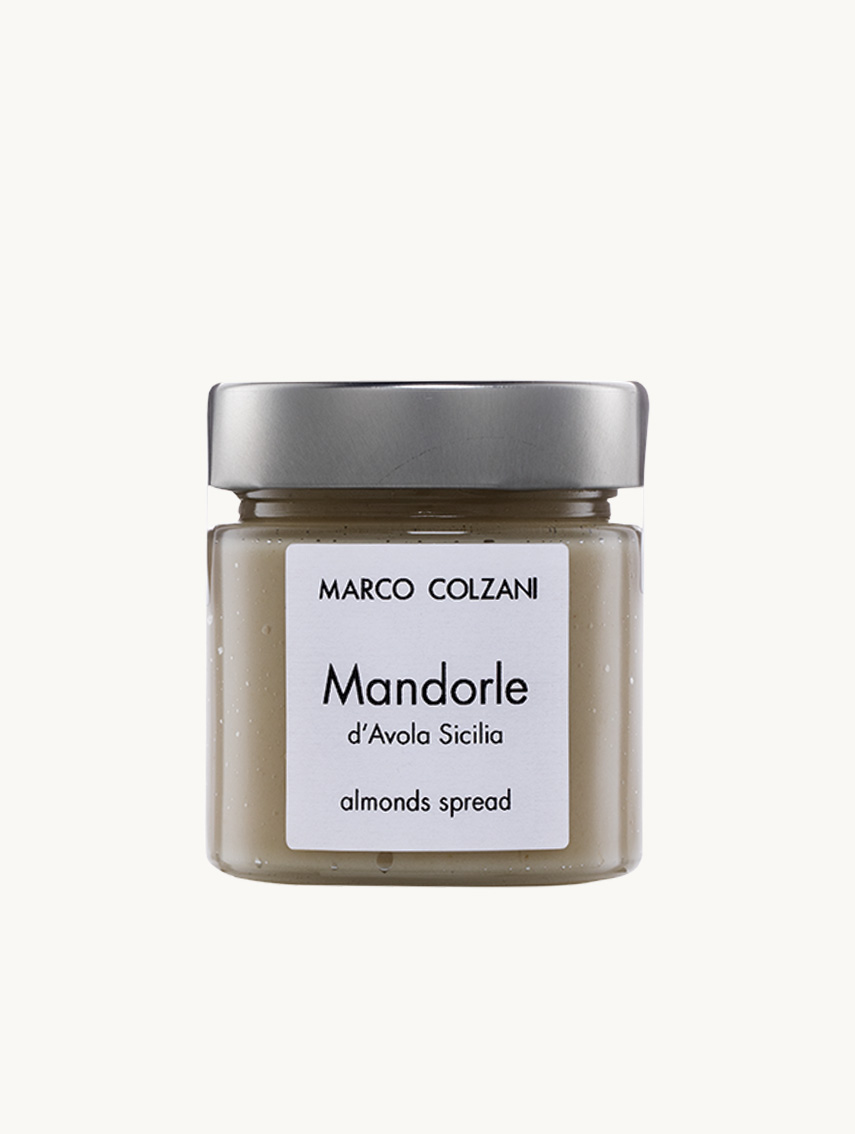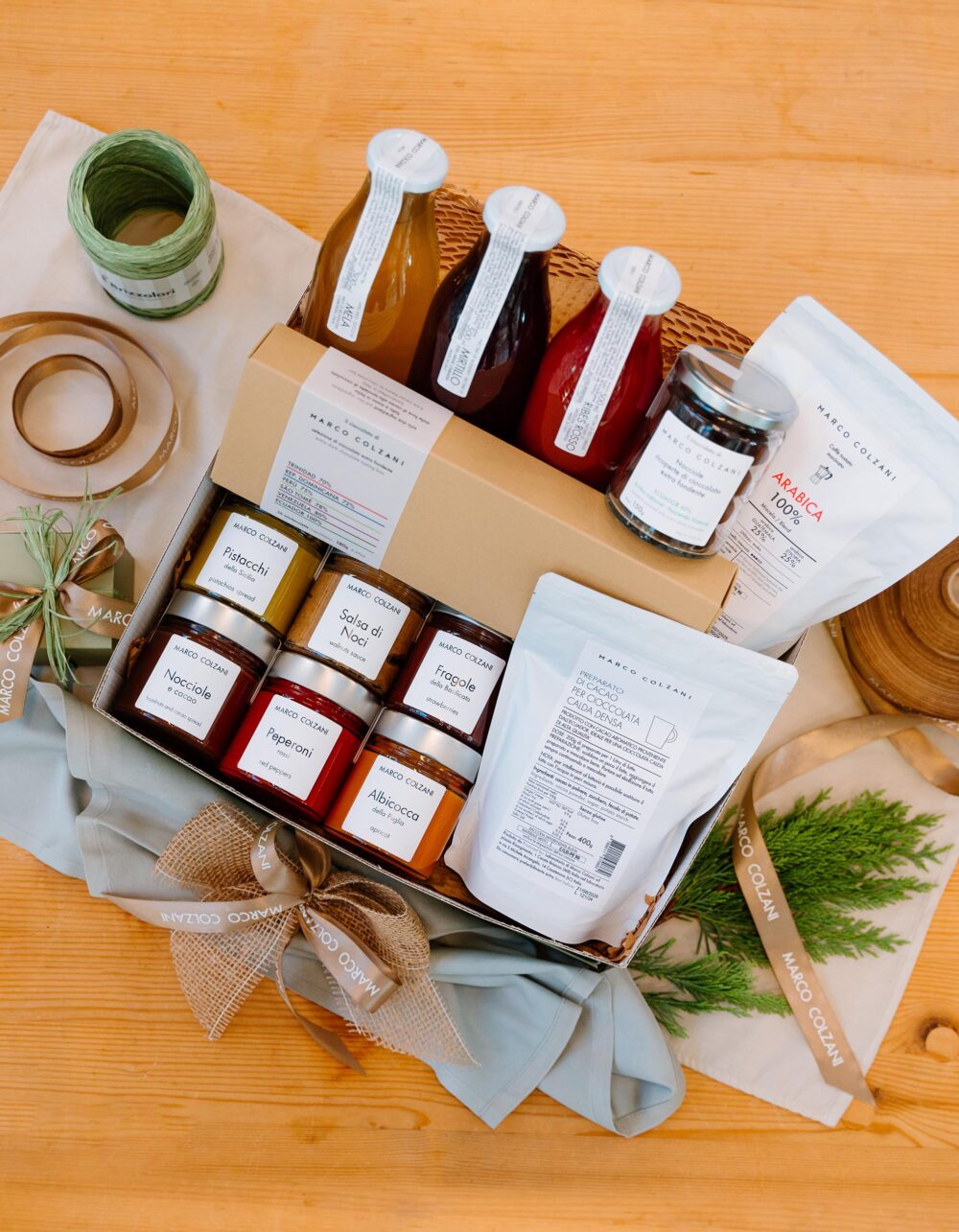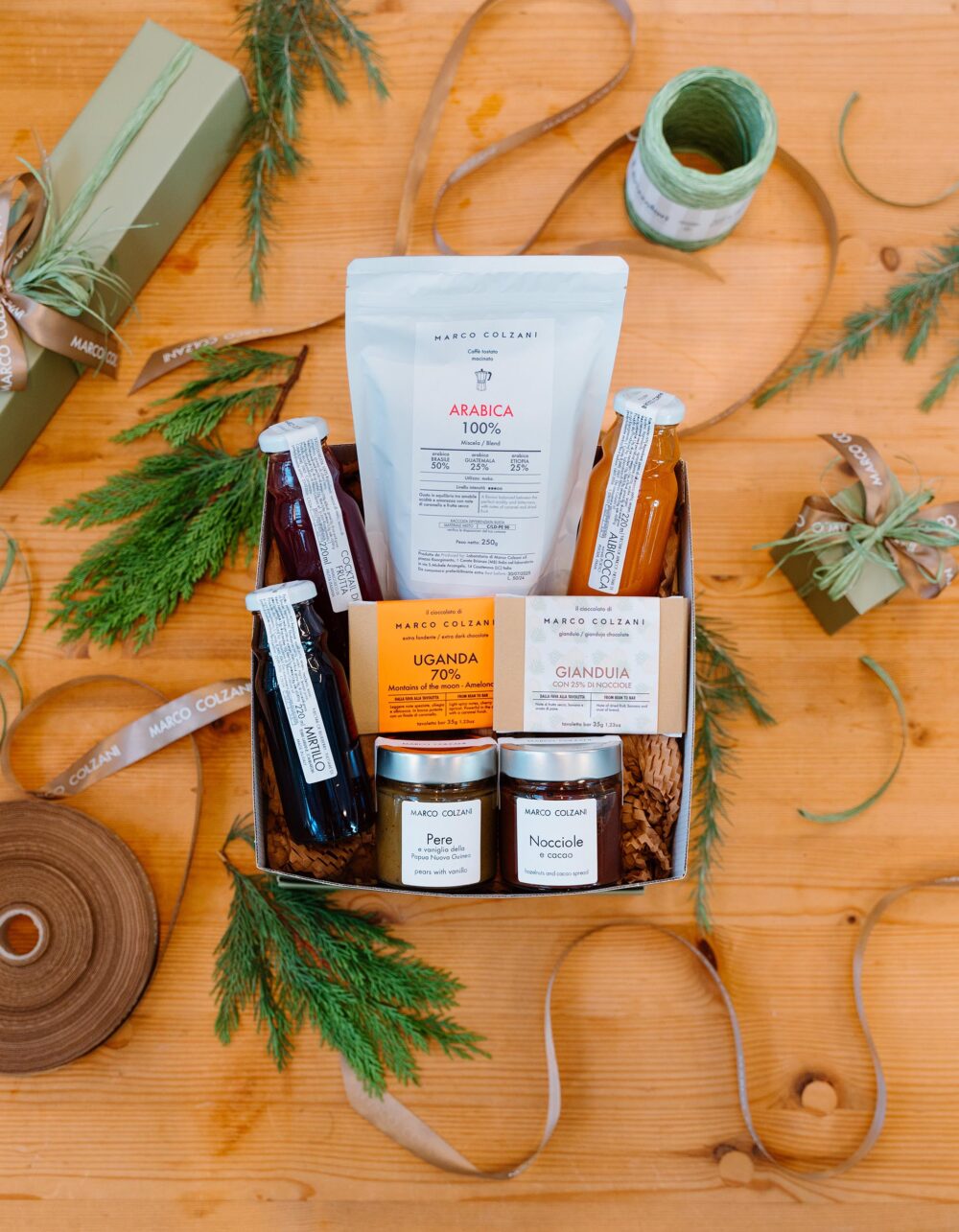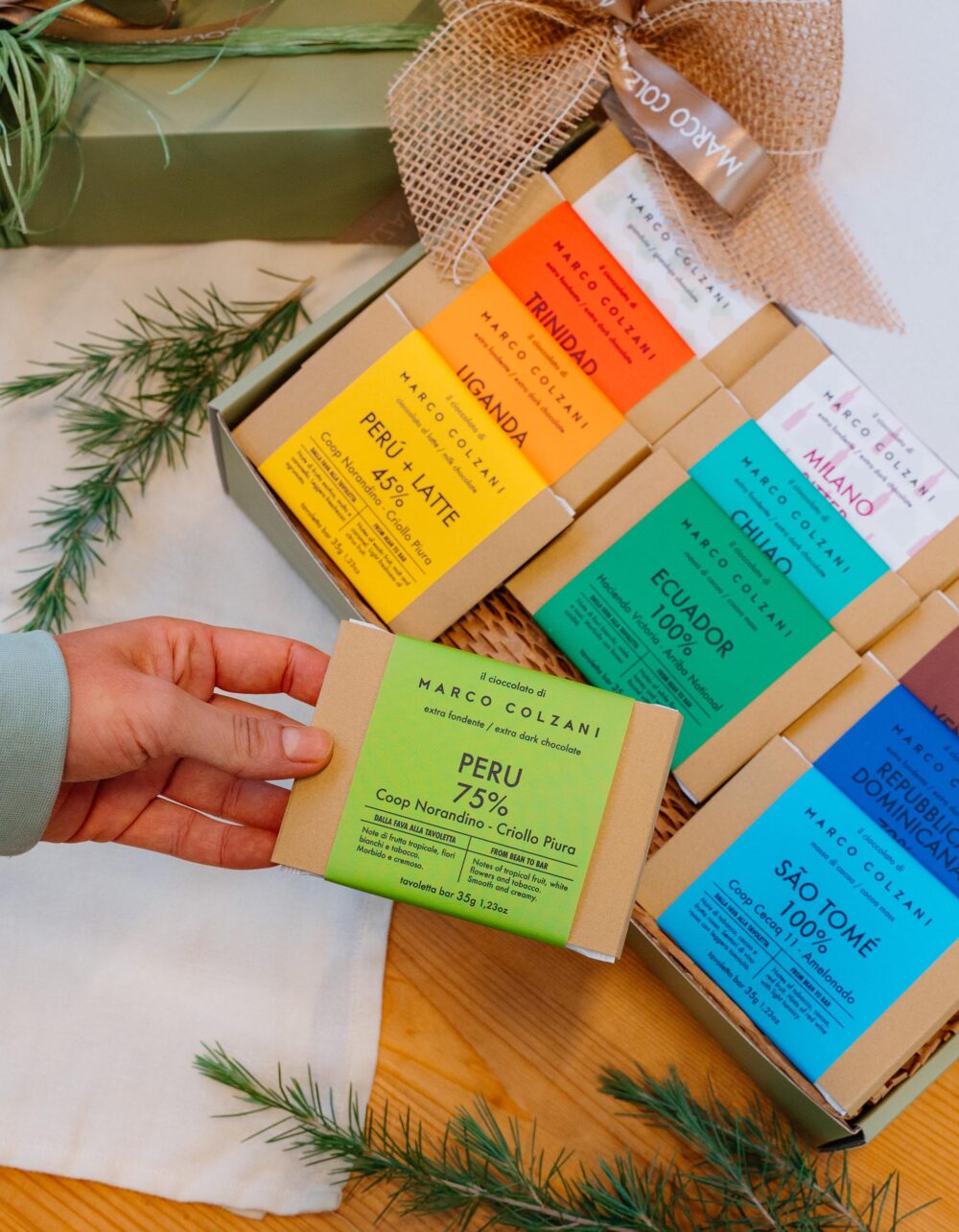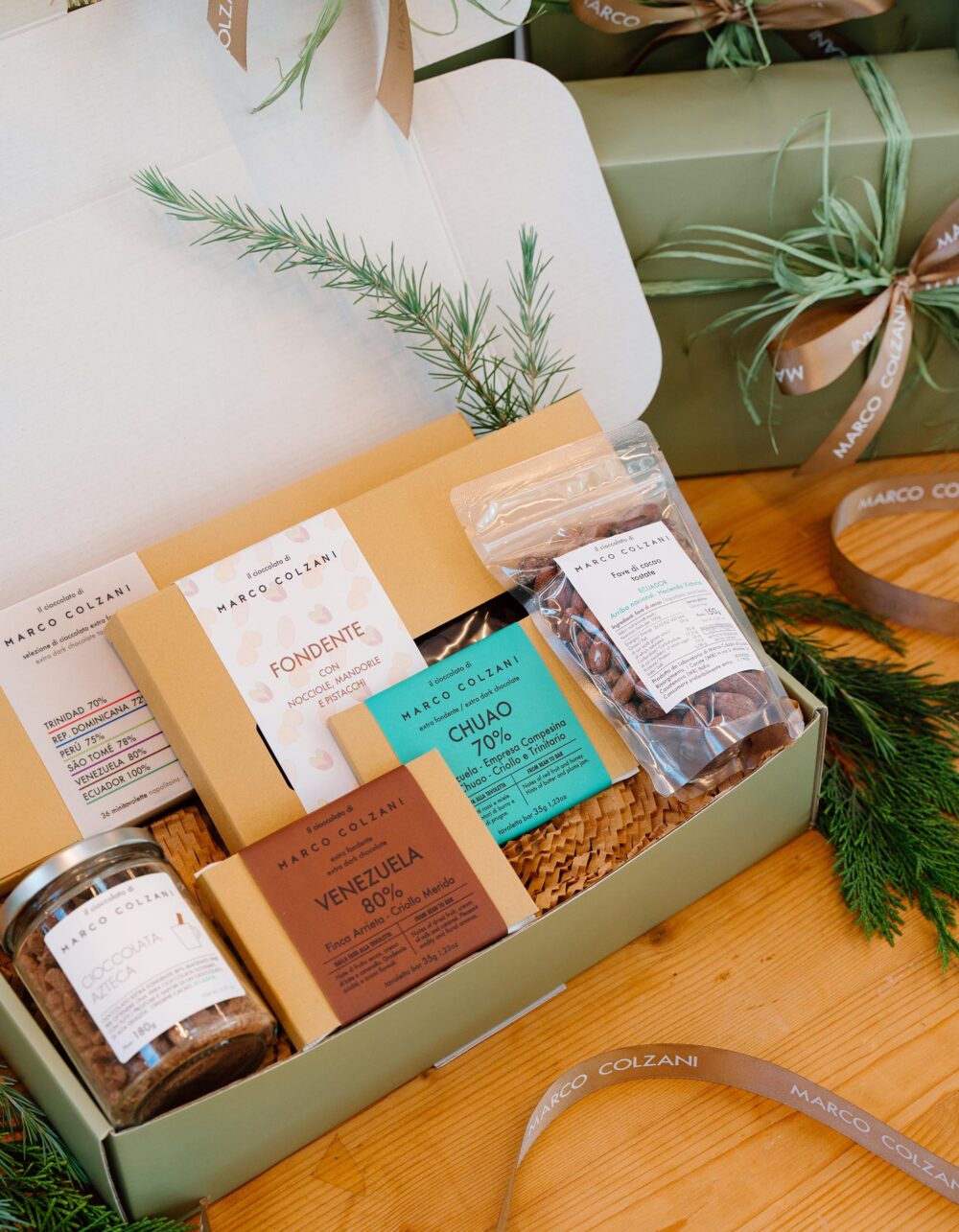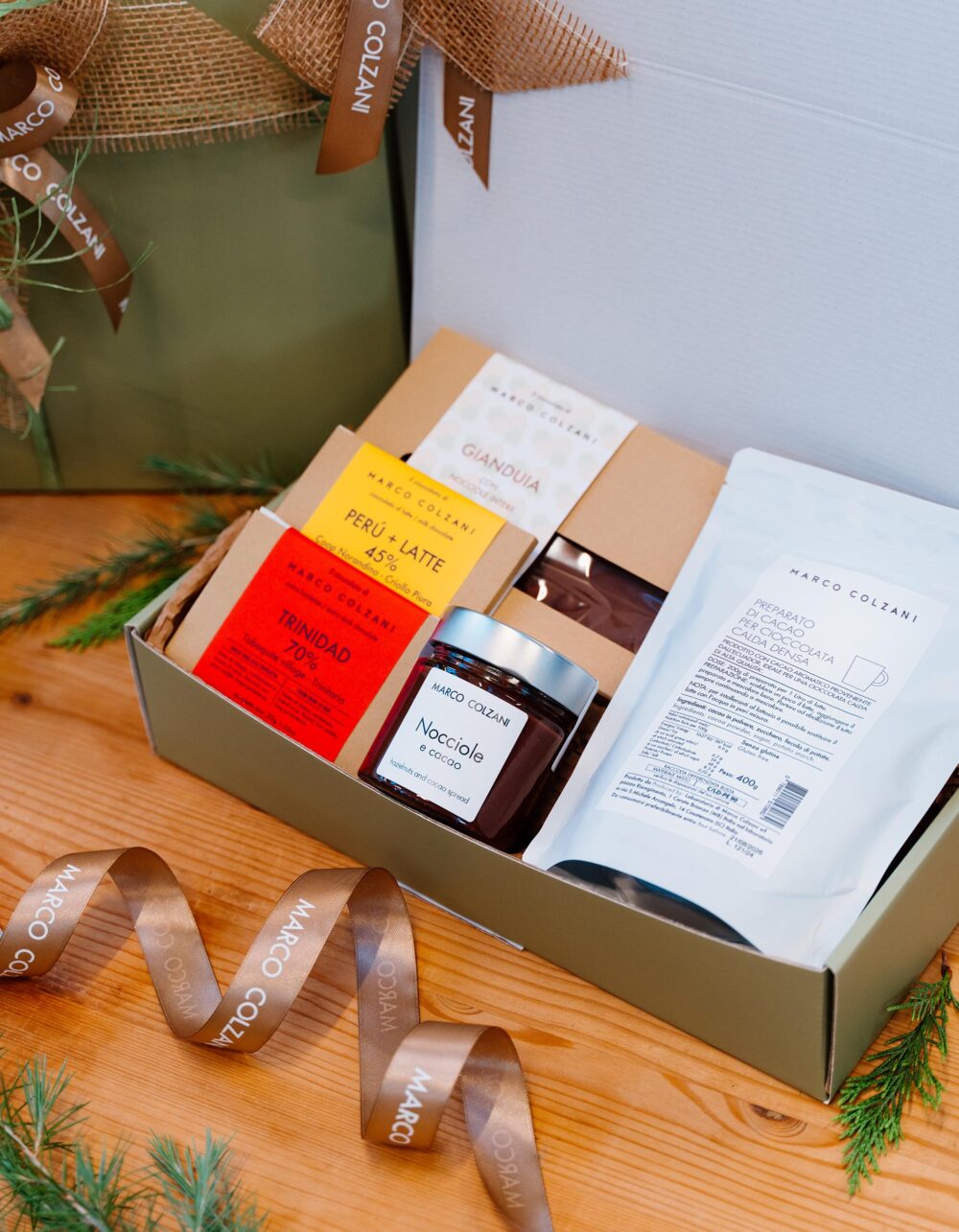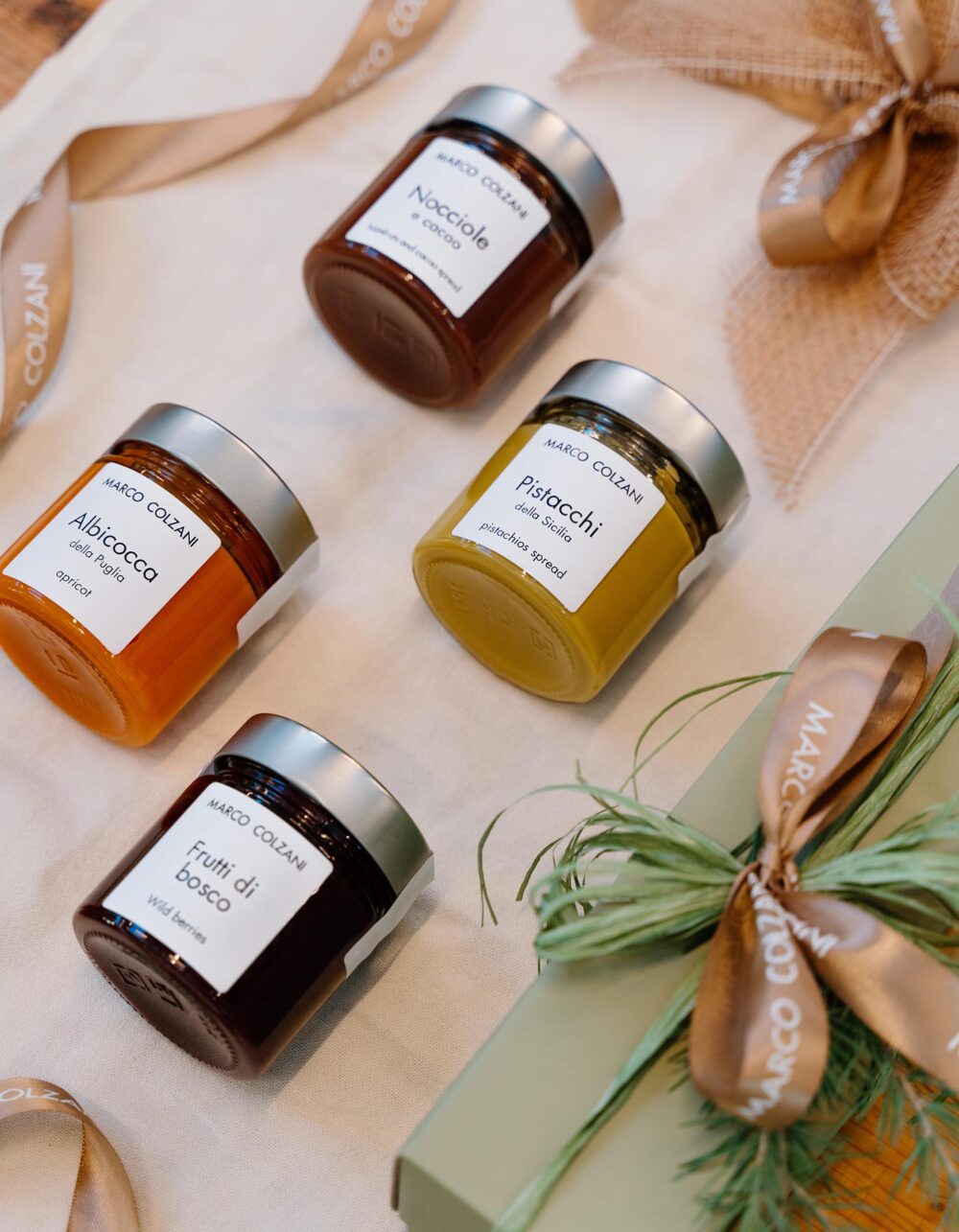Ingredients
- Sugar, Sicilian Pistachios 40%, extra virgin olive oil, sea salt.
Nutritional facts
- (per 100g) Calories 529 Kcal 2117 Kj Total Fat 32g Saturated Fat, 4,3g Total carbohydrate 56g Sugars 48g Fiber 1g Protein 8g Salt <0,5g
Expiration and storage
Domande frequenti
Perché le creme hanno un leggero strato di olio in superficie, cosa devo fare?
Un leggero velo d’olio in superficie è da considerarsi un pregio. Le creme contengono naturalmente olio, Non essendoci stabilizzanti aggiunti, è possibile che l’olio affiori in superficie e si separi dalla parte più densa. Nessun problema basta mischiare con un cucchiaino e la nostra crema tornerà morbida e gustosa.
Hai altre domande sul prodotto?
Se non trovi risposta alla tua domanda scrivici qui e ti risponderemo al più presto.
Informazioni prodotto:
XMAS Box by Marco Colzani
Also try


The perfect gift to introduce all our artisanal products, born from the care and passion for raw materials and the territory.
Give those you love the authentic taste of quality.
Get Marco's letter
Condividerò con te la passione che metto in ogni fase del mio lavoro, dalla selezione della materia prima alla trasformazione finale. Lasciati ispirare dalle storie che raccontano il mio legame con la natura e il territorio.
